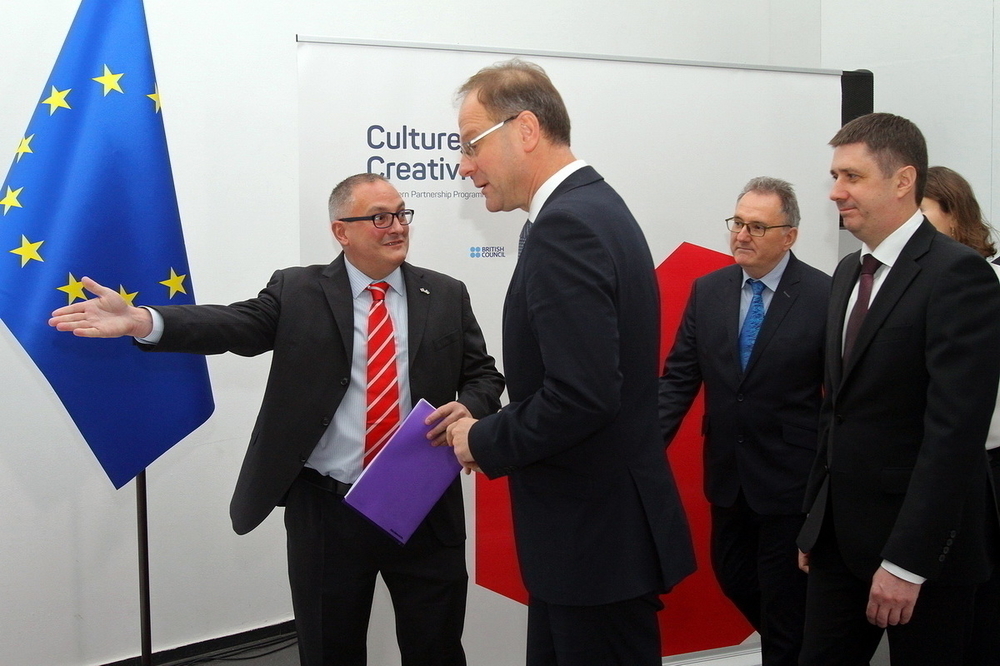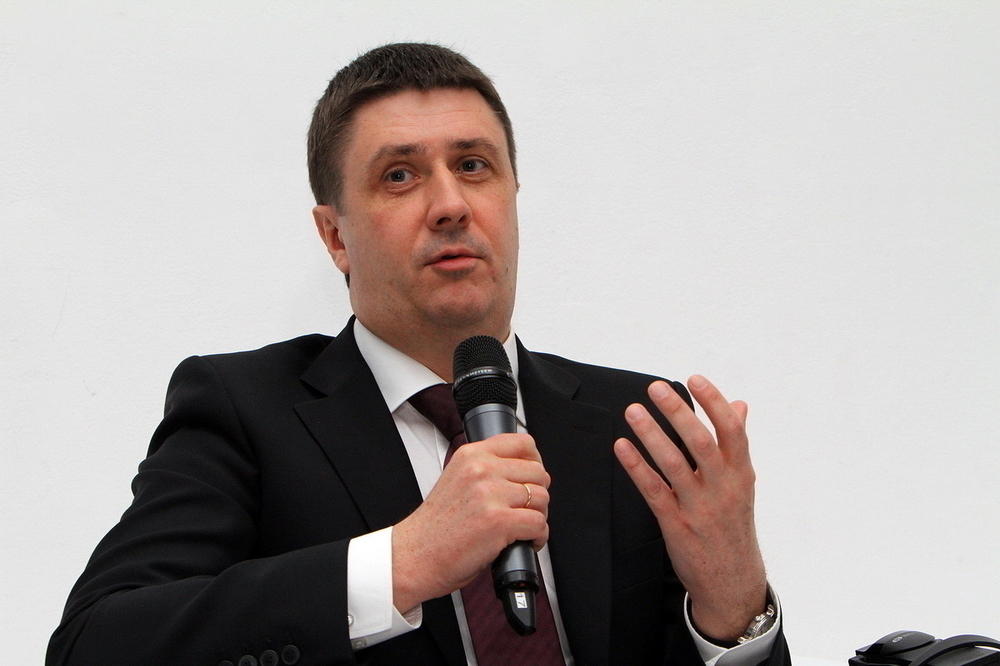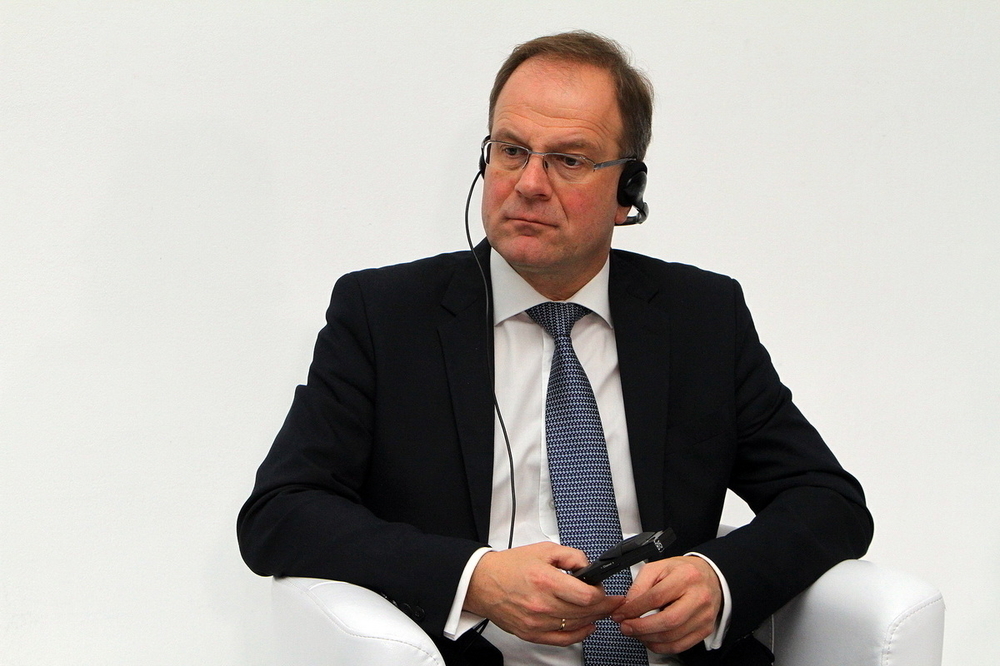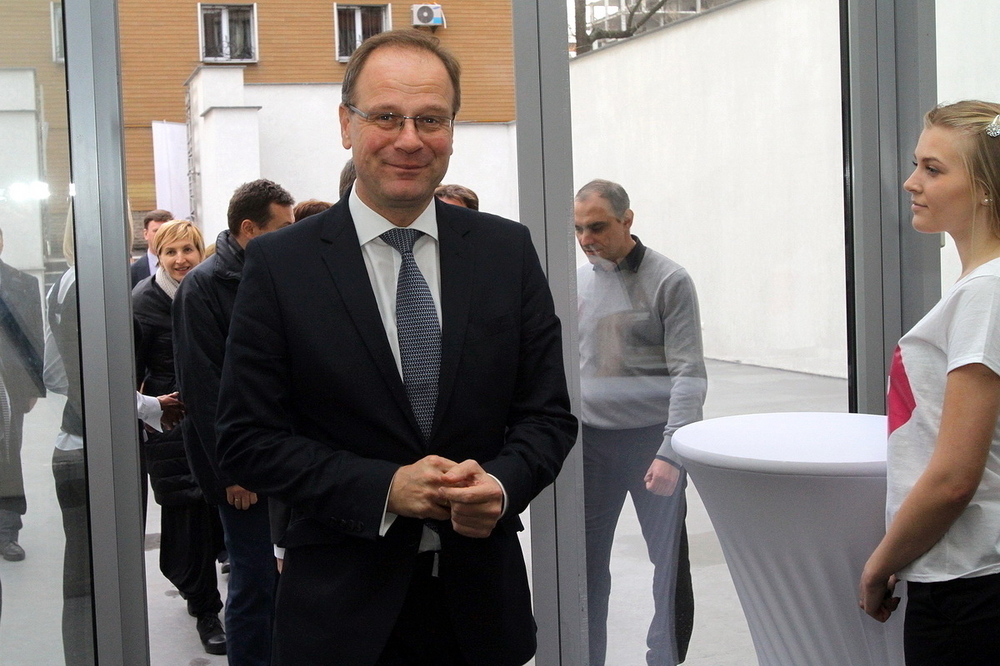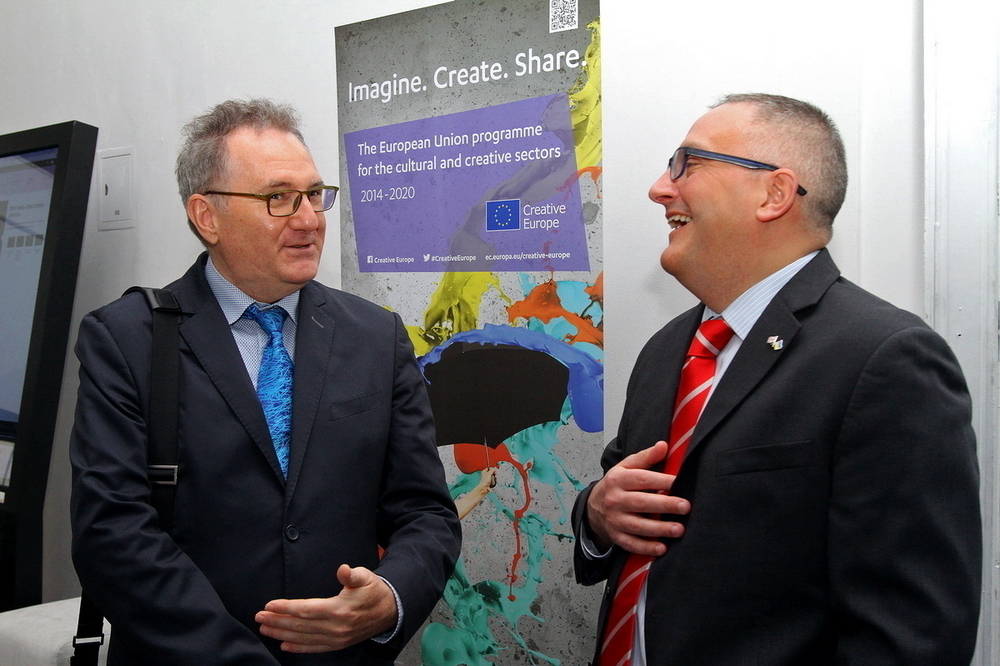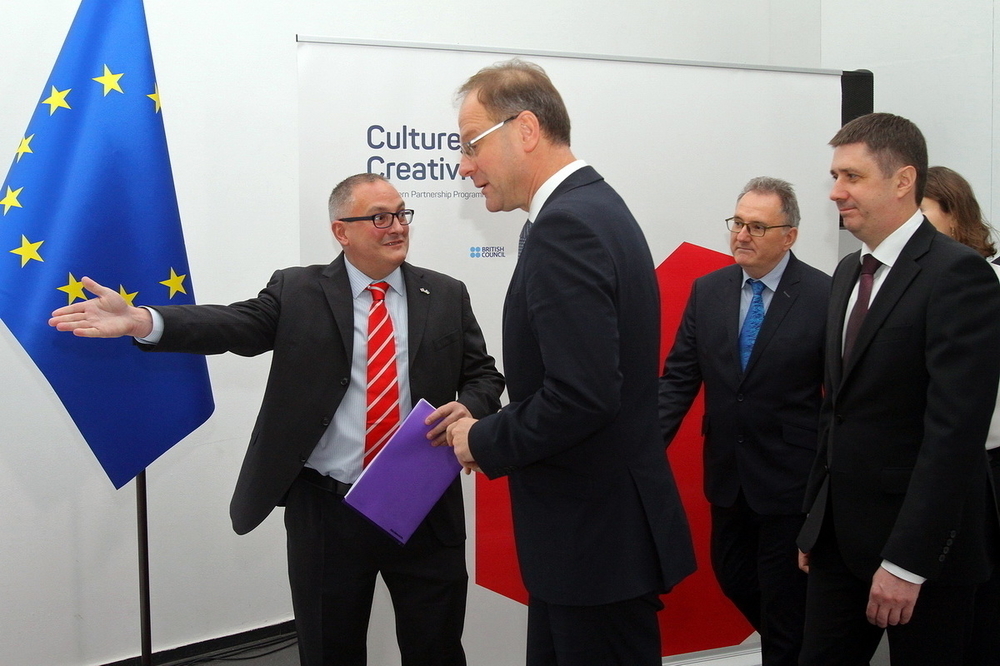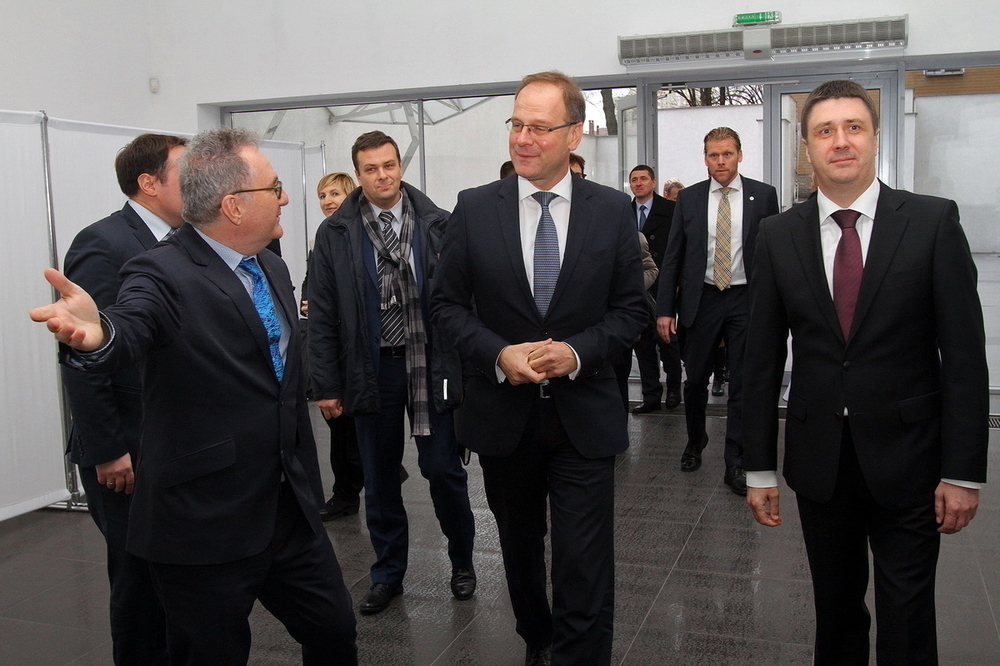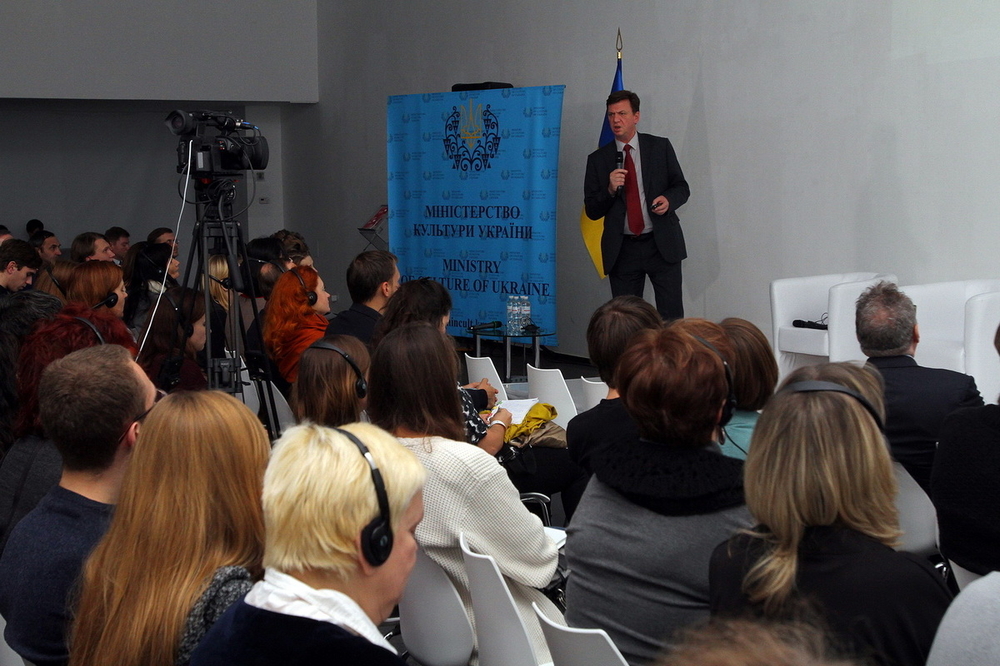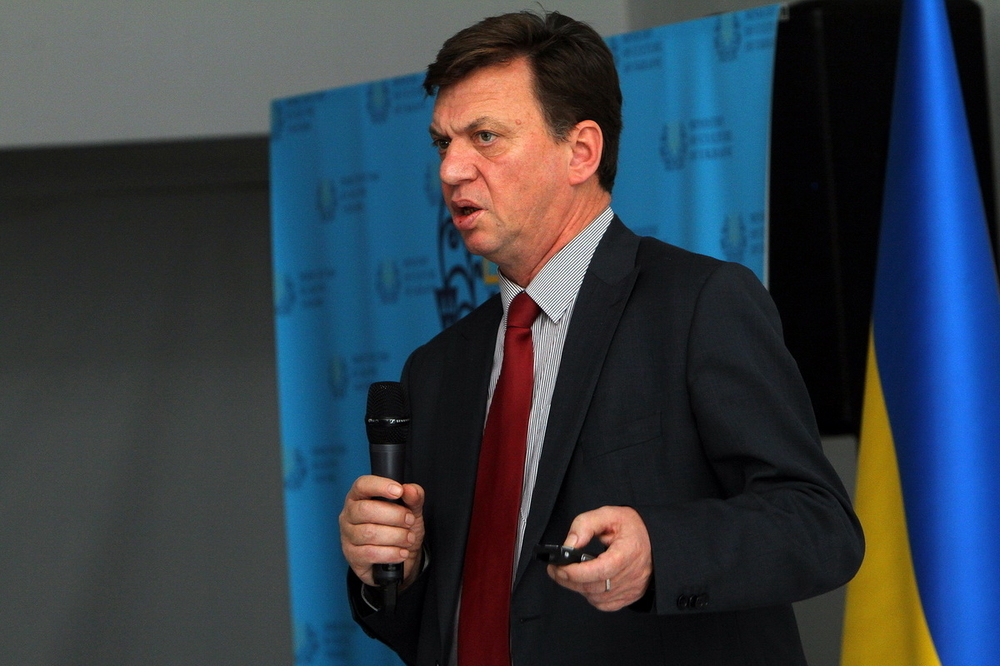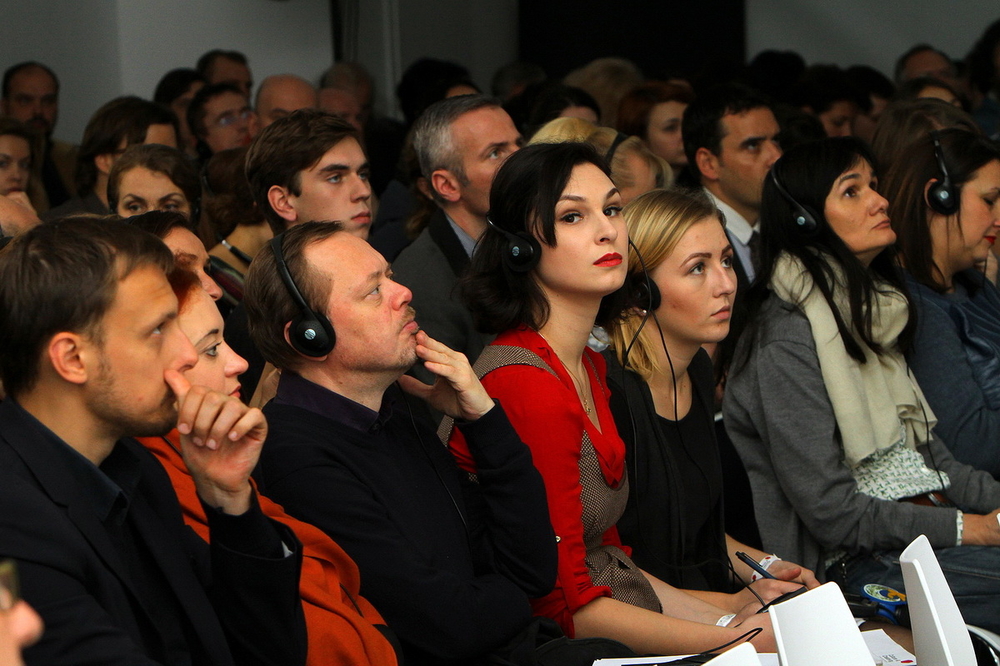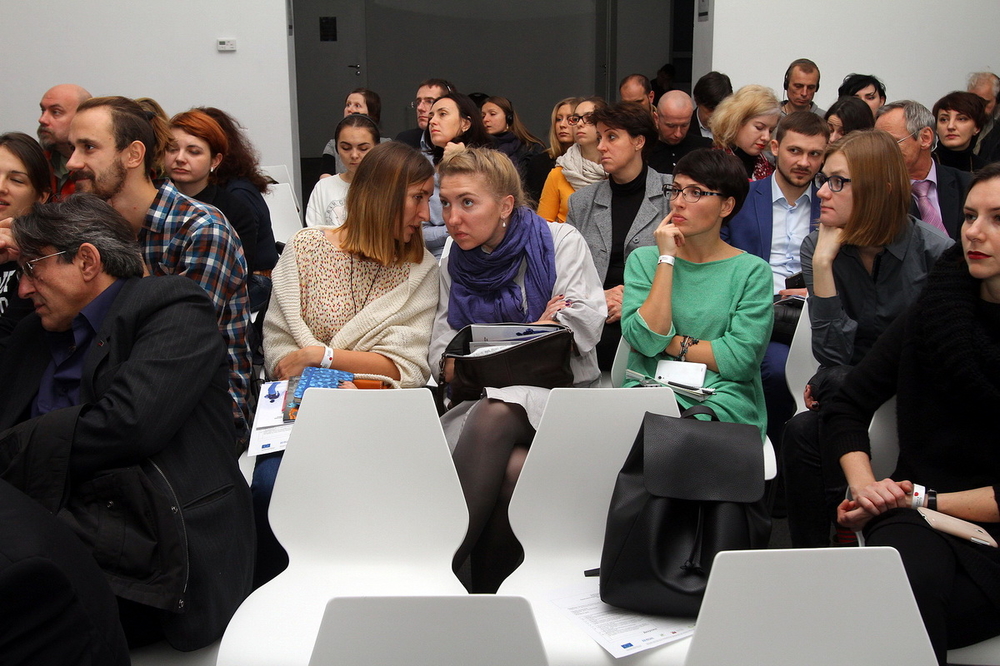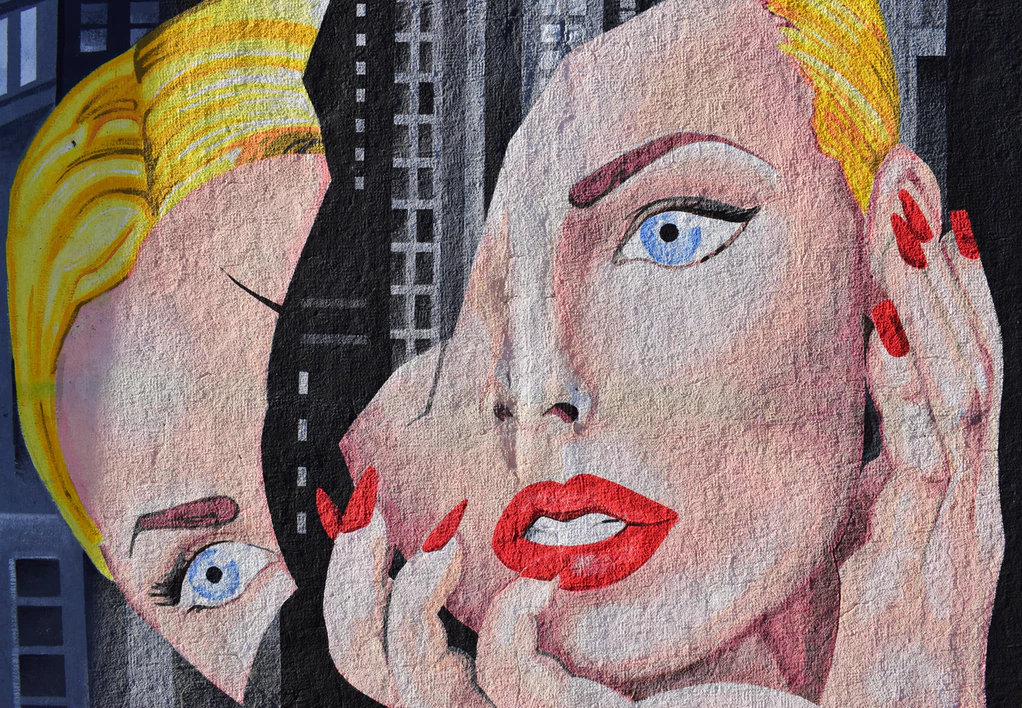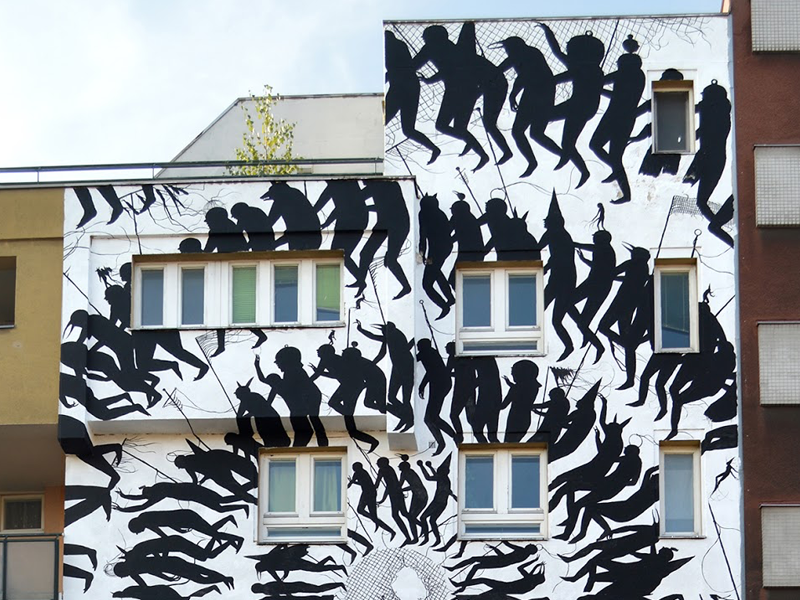
EXPERT GUIDANCE: HOW ORGANIZATION CAN RECEIVE THE SUPPORT OF CREATIVE EUROPE
Cooperation is key
Experts unanimously advise Ukrainians to initially join the programme not as project initiators but rather as partners. Almost every country joining the programme found it difficult to express itself in the early years as newcomers receive no privileges and participate on equal terms with seasoned competitors. The proposals submitted for review by the commission in Brussels are subject to quite a few conditions relating to structure, concept, documentation, etc. “I would recommend that if you wish to take part in the programme, take a look at the projects that are coordinated in other countries and join them as partners for a start. In the future, one step at a time, you would understand the essence and specificities of proposal submission. It is so much easier to become a coordinator this way,” says Karel Bartak, Head of Culture Programme Unit at the European Commission’s DG for Education and Culture.
Find out as much information as possible about the Programme
You will have to read quite a lot. First, you should turn your attention to Europe 2020 whose strategies set out the main principles of the Programme. It is essential that you get acquainted with the experience of those who had already obtained the Programme’s support in addition to the Programme’s numerous recommendations and competitions. “There are hundreds of thousands of established methodologies, studies and reports where you can find important information for your projects, as it is far easier and more efficient to work based on previous experience,” says Egle Deltuvaite, Head of Creative Europe Desk in Lithuania.
Think like a European
Your proposal will be successful if it appeals to European values. When formulating the concept, think of what we have in common and what ideas you can share with the European community.
Legal entity
Only a legal entity that has been registered for two years or more can take part in the Programme. The Programme does not fund individuals.
An interesting and innovative idea
You have to propose something that no one has done before. Of course the project can be based on already existing ideas, however the way you choose to present them has to be innovative – new form, new approach. And of course correspond to the Creative Europe programme’s set priorities.
Mobility first and foremost
The work of the project has to be of an international dimension. That is why your best bet is mobility that would allow you to increase your project’s efficiency. Mobility should apply to cultural works as well as interim results and even the people who will be working with you.
Plan ahead and for the long term
Remember that it is necessary to find partners, develop your proposal together and prepare the necessary documentation. It all requires a lot of time. And the better you plan everything, the more harmonious work will be. Think of what will happen after the project is implemented. It would be best if it can be carried on.
Choose reliable partners and apply geographical balance
Choose your partners carefully. The best option is choosing people that you know well. After all, at every stage of work, the future of the implementation of your idea depends on them. Obviously, their professionalism should be of the highest level. When choosing partners apply geographical balance by engaging in collaboration organisations from other countries. “When possible, it is always better to have more partners than what is required by the Programme. If anything happens, you will always have a plan B,” says Egle Deltuvaite.
Be specific in achieving your set goal
“Are you trying to save the world? Explain how you plan on doing it in detail,” says Ms. Deltuvaite jokingly. The way you plan to achieve your set goal has to be clearly outlined and you should provide a description of every stage. The financial plan has to be detailed and the project costs clearly explained. All processes should be clearly shared among your partners. The more transparent and consistent your plan of action, the more competitive it will be when reviewed by the experts.
Good communication skills
Communication is necessary from the stage of seeking funding to establishing social communication in order to convey your project’s main message. For communication will determine how your project will be perceived at every stage of planning, implementation and seeking support for your project.
Look for additional support
The Programme does not cover all the expenses that you set down for your project. Therefore, in addition to your own resources and those that your partners may pledge, seek support on the national level and try to develop co-financing schemes with local, foreign and international organisations.
How to find partners
First of all, it is important to create the organisation’s image that would be comprehensible to the outside world and promote it through available web resources, social networks and communication events. “We disseminated a lot of information about what we do. All this information should be readily available so that those partners that wish to collaborate can get to know the organisation,” said Anton Ovchinnikov, director of Zelyonka Fest contemporary dance festival. The biggest challenge for Ukrainian organisations is that they cannot offer financial support in return. In such circumstances, he advises that you think of what is unique about your project and why you are indispensable.
The key to success is establishing relations in the cultural sphere and implementation of ideas by creating networks: “Art is a relation. We are not businessmen, we create special relations – it’s the best way to initiate cooperation and partnership,” says Oleksandr Kovalov, spokesperson for the cultural initiatives platform Izolyatsia.
10 facts about the Сreative Europe Programme


